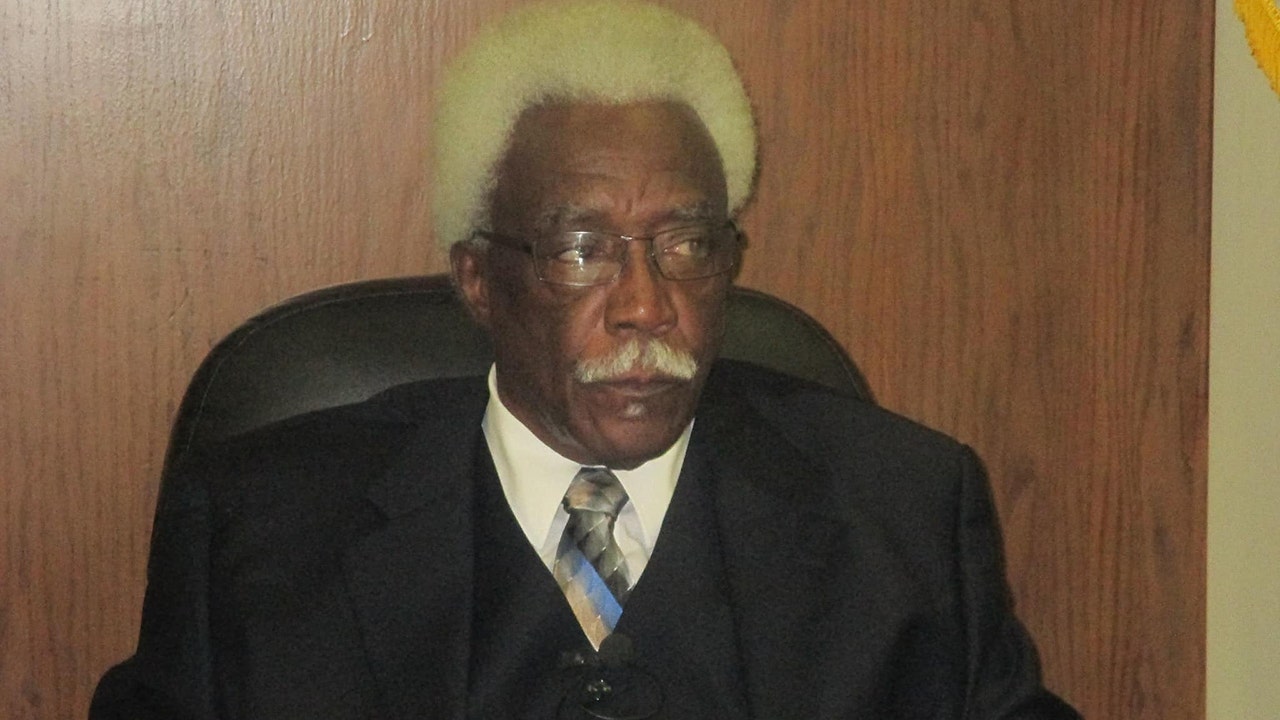More than a week after the Francis Scott Key Bridge collapsed into the Patapsco River, the bodies of four victims have yet to be recovered.
The men were part of a construction crew working on the Baltimore roadway before dawn on March 26, when a gigantic cargo ship rammed into the bridge. Two workers survived the destruction, but six disappeared into the dark water. They were presumed dead by the evening.
The day after the collapse, two of their bodies were found inside of a red pickup underwater. But efforts to locate the other victims have been severely hampered by the colossal underwater wreckage.
Divers have been sifting through the ruins of the bridge, but they can barely see two feet in front of them as they navigate heaps of mangled steel and piles of crumbled concrete in murky water. With help from sonar renderings, they are working to survey and salvage the wreckage to ultimately clear the channel — a daunting project, of which recovering victims is only one part.
Still, “the recovery is not an afterthought,” Col. Estee S. Pinchasin of the Army Corps of Engineers said at a news conference on Thursday. “It’s integrated in that plan.”
The six men who died have been named by the authorities, relatives or advocacy organizations: Jose López, who was in his 30s and from Guatemala; Alejandro Hernandez Fuentes, 35, who was from Mexico; Carlos Hernández, 24, from Mexico; Dorlian Ronial Castillo Cabrera, 26, from Guatemala; Miguel Luna, who was in his 40s and from El Salvador; and Maynor Yasir Suazo Sandoval, who was in his 30s and from Honduras. The bodies of Mr. Fuentes and Mr. Cabrera were recovered.
They were working late at night to ensure that thousands of other Marylanders could use the Key Bridge to commute to their own jobs. “And they never came home,” said Lucía Islas, a community leader and president of Comité Latino de Baltimore, a nonprofit that assists the Hispanic community.
In the days since the collapse, friends and relatives of the victims have been preoccupied with unanswered questions, said Donna Batkis, a clinical social worker in Baltimore who has helped the victims’ families.
The families of the four men whose bodies have not been found have been left to wonder where their loved ones are. “Waiting is a very hard space to be in,” Ms. Batkis said.
Gov. Wes Moore has repeatedly promised to support the grieving families. “We will continue to stop at nothing,” he said at the news conference on Thursday, “to give these families the closure that they need.”






